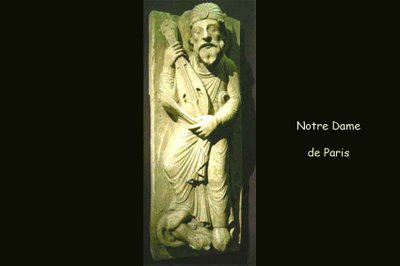
Boethius, one of the most important intermediaries between ancient philosophy and the Latin Middle Ages, puts forward an argument, based on God's foreknowledge of future events, which threatens to show that even mental acts of willing are determined and so unfree.
He proposes the argument in two formulations:
If God sees all things and can in no way be mistaken, then there necessarily happens what he by providence will have foreseen will be.
If things are capable of turning out differently from how they have been foreseen, then there will no longer be firm foreknowledge of the future, but rather uncertain opinion.
Since it is accepted that God is omniscient, and that this implies that he knows what every future event—including mental events such as volitions—will be, and each seem to rule out any sort of freedom of the will requisite for attributing moral responsibility: a consequence the disastrous implications of which Boethius the character vividly describes.
See the journal French Metablog with today different posts
Enter La métabole as a member
